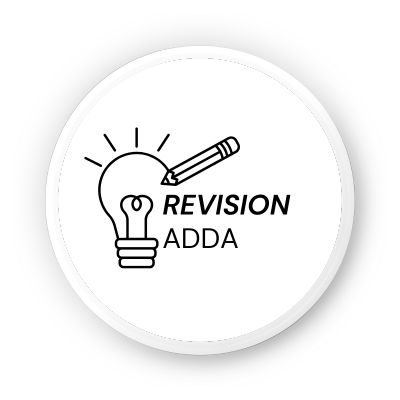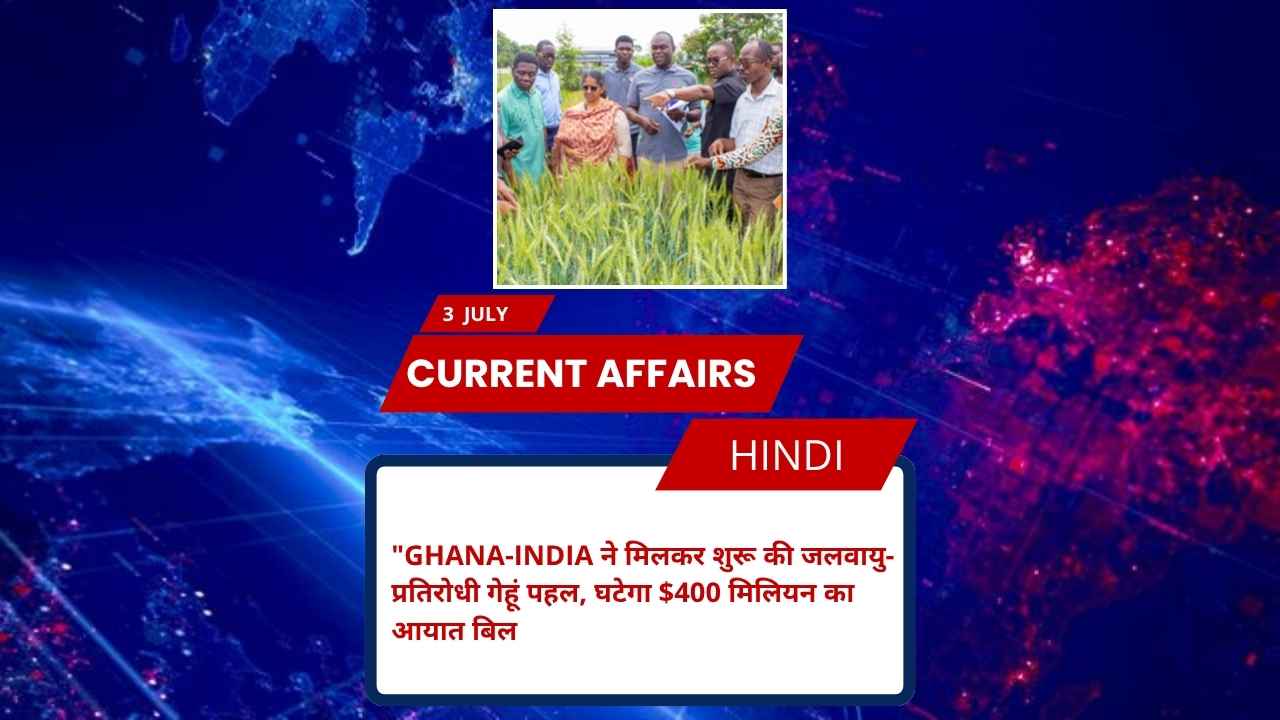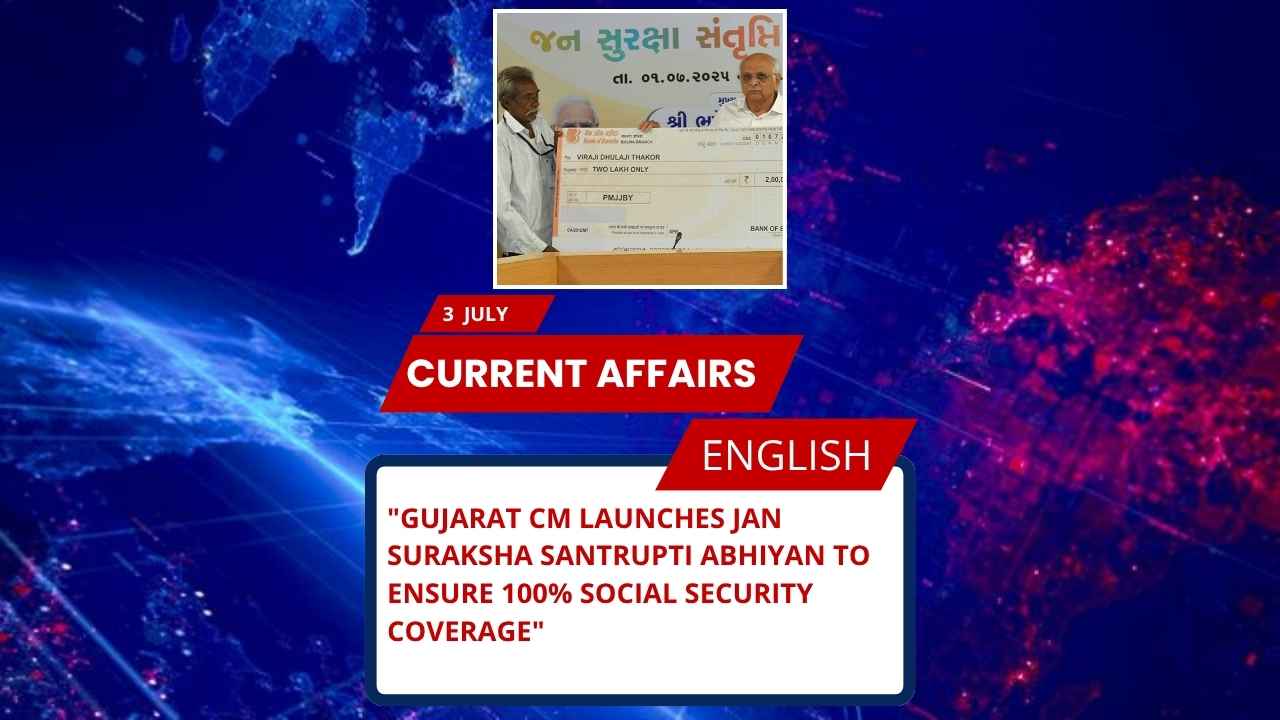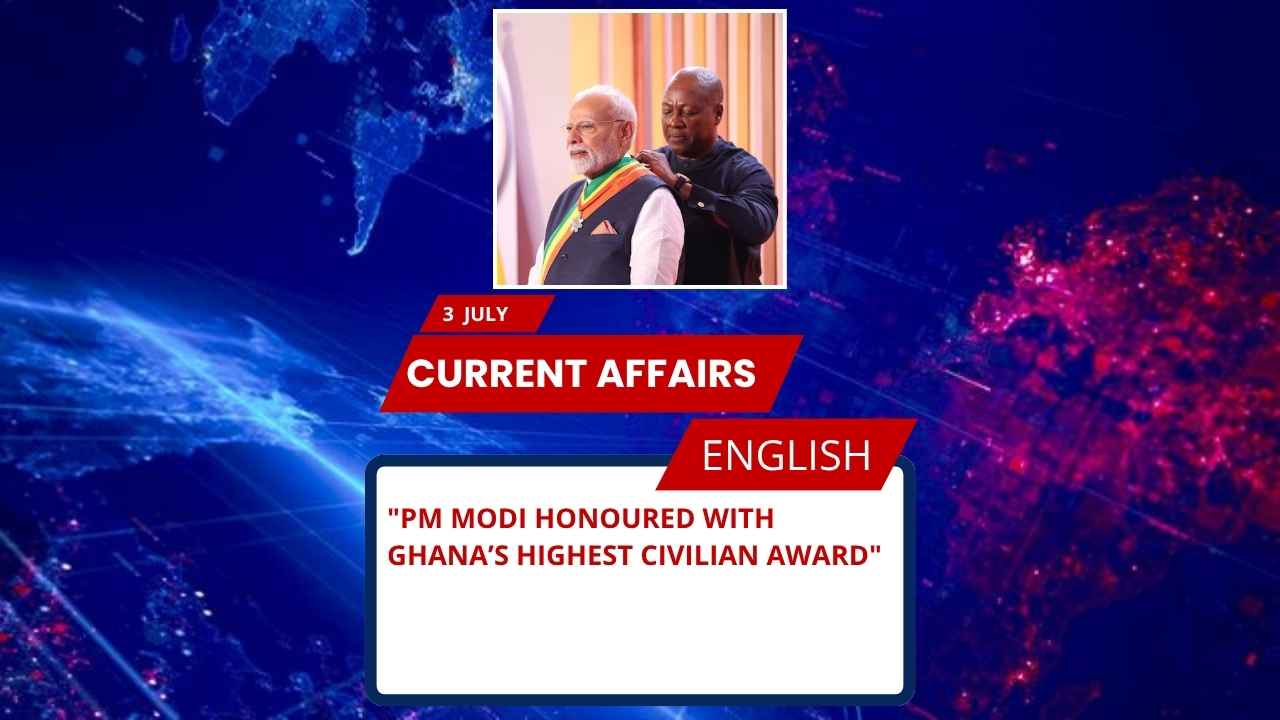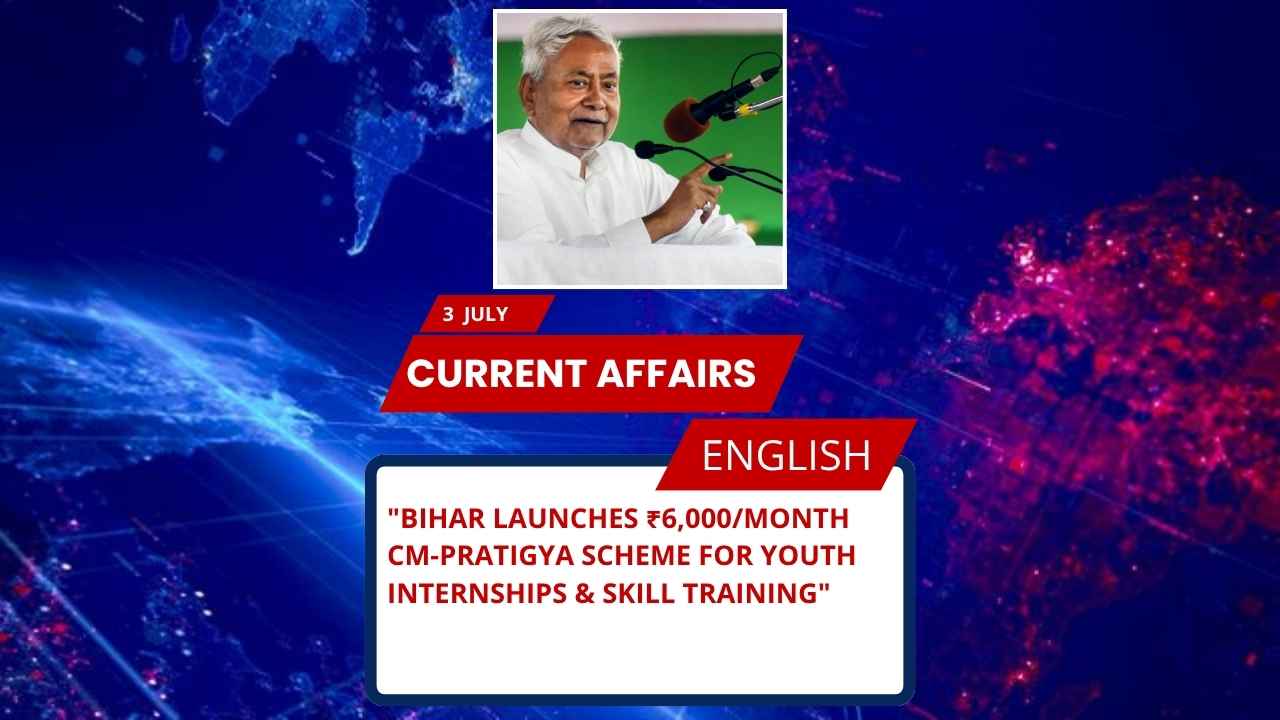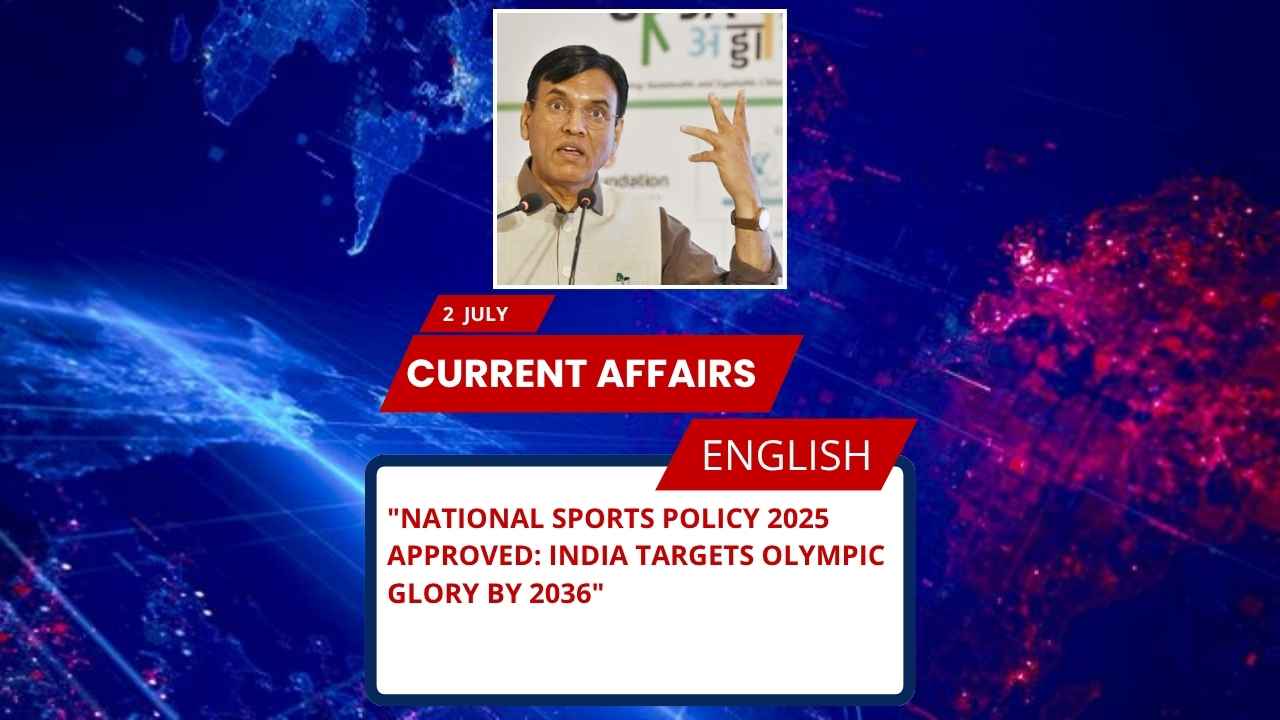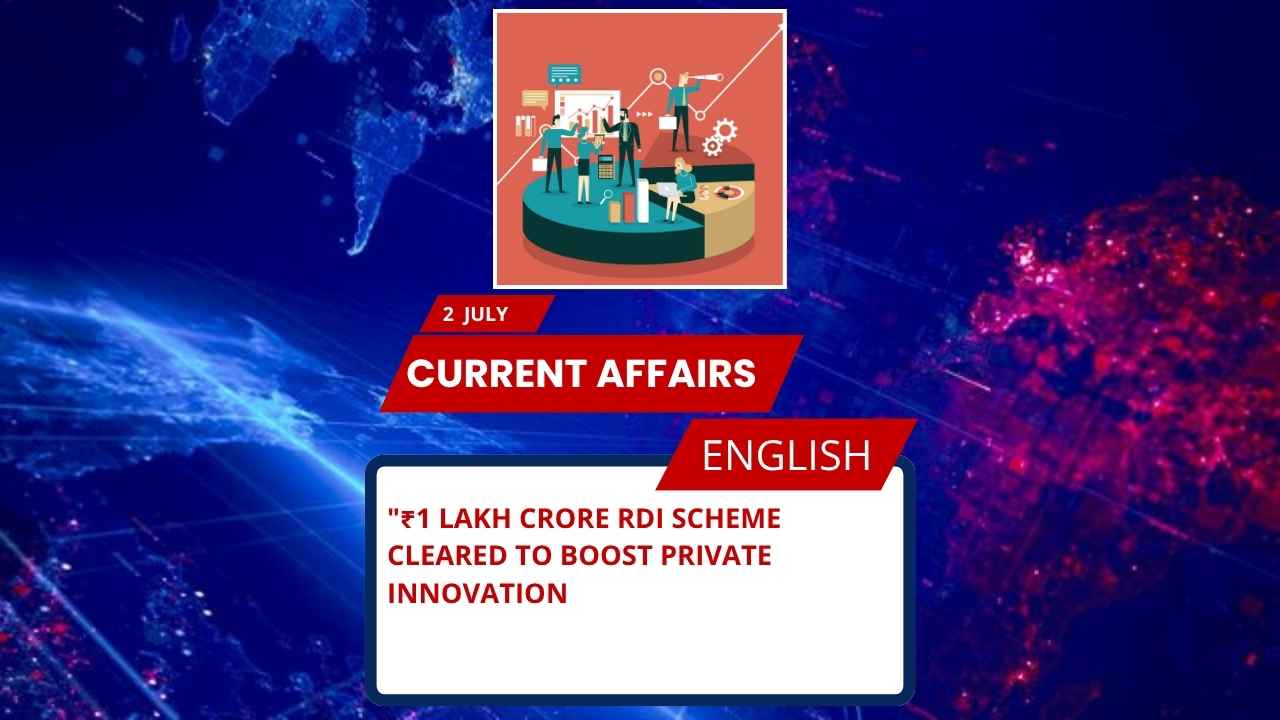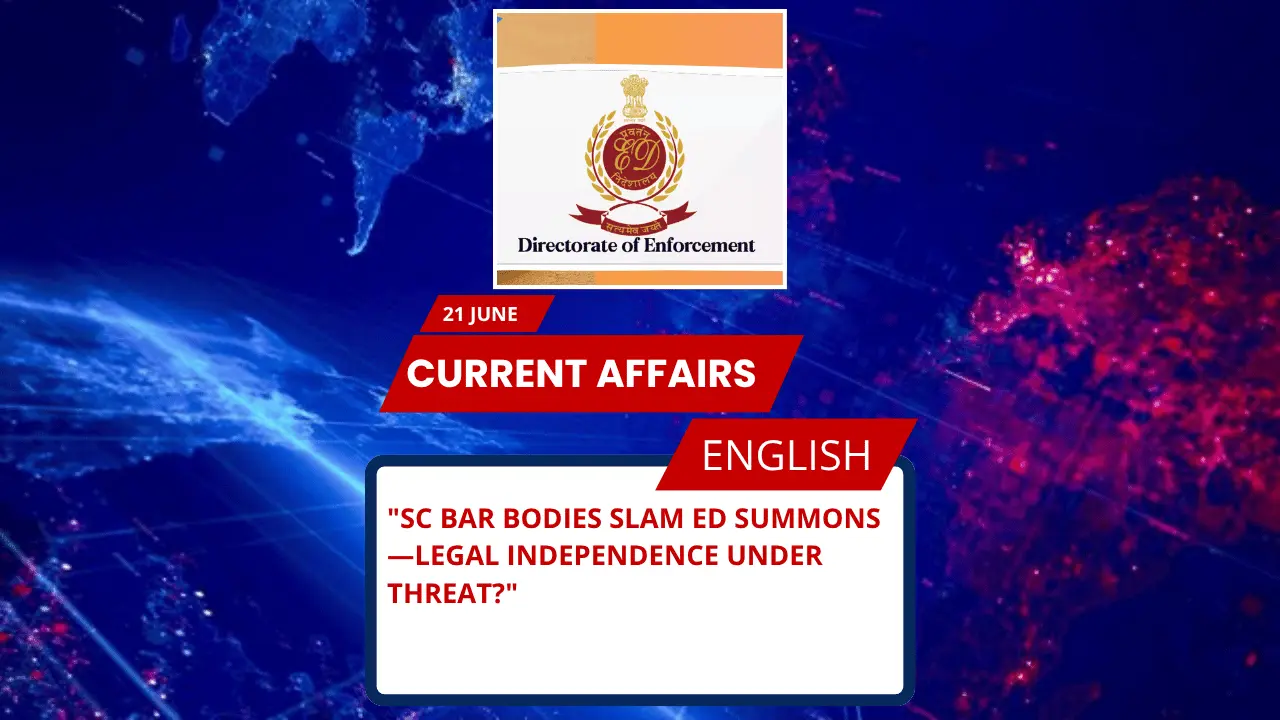
Key Points for SSC/UPSC and Other Government Exams
- Supreme Court Bar Association (SCBA) and Supreme Court Advocates-on-Record Association (SCAORA) condemned ED summons.
- Summons were issued to senior advocates Arvind Datar and Pratap Venugopal.
- ED withdrew the notices after backlash.
- Bar bodies called the move a threat to the independence of the legal profession.
- Raises concerns over the misuse of investigative powers against legal practitioners.
- Important from polity, judiciary, and constitutional rights perspectives.
- Related to Enforcement Directorate (ED) and Supreme Court of India—both important institutions for exams.
Institution Profile: Supreme Court of India
- Established: January 26, 1950
- Location: New Delhi
- Current Chief Justice: DY Chandrachud (as of 2025)
- Total Judges: 34 (including the Chief Justice)
- Appointed by: President of India
- Constitutional Provision: Article 124
- Motto: “Yato Dharmastato Jayah” (Where there is Dharma, there is victory)
Institution Profile: Enforcement Directorate (ED)
- Parent Ministry: Ministry of Finance
- Establishment Year: 1956
- Primary Law: Enforces Prevention of Money Laundering Act (PMLA), 2002
- Key Function: Investigates money laundering and foreign exchange violations
- Headquarters: New Delhi
- Current Director (2025): Rahul Navin (subject to change)
Complete Explanation
What Happened?
On June 20, 2025, the Supreme Court Bar Association (SCBA) and the Supreme Court Advocates-on-Record Association (SCAORA) jointly criticized the Enforcement Directorate (ED) for issuing summons to two senior lawyers—Arvind Datar and Pratap Venugopal. The notices pertained to their legal opinions provided to clients, which the ED appeared to view as potentially problematic.
Why Is This Significant?
This incident raised serious constitutional and ethical questions about the freedom and protection of the legal profession in India. Bar bodies expressed concern that the use of investigative tools against senior lawyers undermines the independence of the judiciary and threatens the right to a fair legal representation.
The ED later withdrew the summons, possibly due to mounting public and professional pressure.
Legal and Constitutional Angle
- Article 19(1)(g) of the Constitution guarantees the right to practice any profession, including law.
- Advocates Act, 1961 ensures protection of lawyers discharging professional duties.
- The incident highlights overreach by investigative agencies, making it a significant topic for Polity and Governance sections in UPSC and SSC exams.
Exam-Focused Facts About Key Personalities
Arvind Datar
- Senior Advocate in Supreme Court
- Known for expertise in constitutional and tax law
Pratap Venugopal
- Senior Advocate, handled multiple landmark commercial litigation cases
Vikas Singh
- President, SCBA
- Senior Advocate and former Additional Solicitor General of India
Vipin Nair
- President, SCAORA
- Renowned for advocacy on judicial independence
Possible Exam Questions (MCQs)
1. Which two bar associations condemned the ED summons to senior advocates in June 2025?
A. BCI and SCAORA
B. SCBA and SCAORA
C. SCBA and NALSA
D. BCI and NHRC
Answer: B. SCBA and SCAORA
2. The Enforcement Directorate primarily operates under which Act?
A. Prevention of Corruption Act, 1988
B. Companies Act, 2013
C. Prevention of Money Laundering Act, 2002
D. National Investigation Agency Act, 2008
Answer: C. Prevention of Money Laundering Act, 2002
3. What article of the Indian Constitution guarantees the right to practice any profession?
A. Article 14
B. Article 19(1)(g)
C. Article 21
D. Article 25
Answer: B. Article 19(1)(g)
4. The Supreme Court of India was established on:
A. August 15, 1947
B. January 26, 1950
C. November 26, 1949
D. October 2, 1950
Answer: B. January 26, 1950
UPSC-Style FAQs with Answer Writing Format
Q1. What are the implications of summoning senior advocates by investigating agencies on the independence of the judiciary?
Answer:
The summoning of senior advocates by agencies like the ED raises serious concerns about the erosion of professional independence in the legal domain. The right to offer legal counsel without fear of persecution is integral to the functioning of a democratic society. Such actions could create a chilling effect on legal advice, potentially infringing on Article 19(1)(g) and threatening the right to legal representation. The judiciary must act as a bulwark against such encroachments to uphold the basic structure of the Constitution, especially the independence of the Bar and the rule of law.
Q2. Discuss the role of bar associations like SCBA and SCAORA in preserving judicial independence in India.
Answer:
Bar associations such as the Supreme Court Bar Association (SCBA) and SCAORA play a pivotal role in safeguarding the dignity and autonomy of the legal profession. By publicly condemning actions that threaten these values, such bodies act as institutional protectors of legal ethics and judicial integrity. Their role includes not only advocacy but also upholding constitutional values, ensuring non-interference in legal counsel, and fostering an environment where legal professionals can operate without coercion. In doing so, these associations contribute directly to preserving the democratic fabric and independence of the judiciary.
